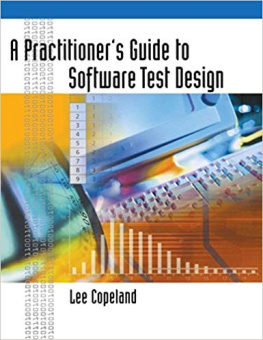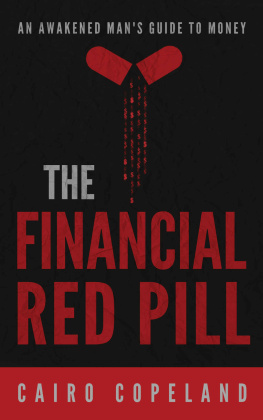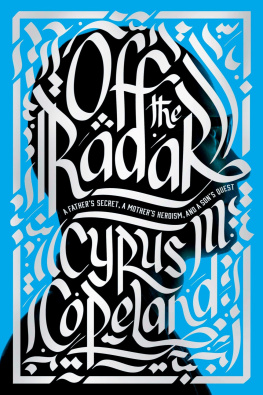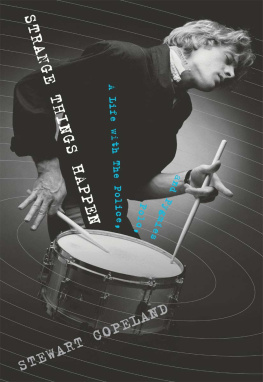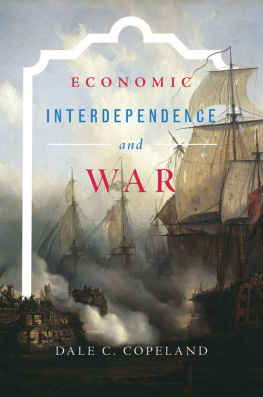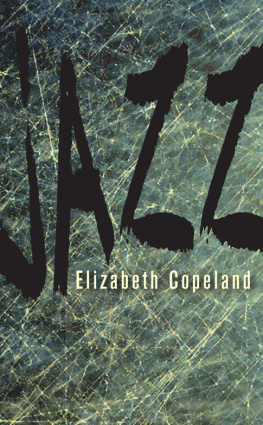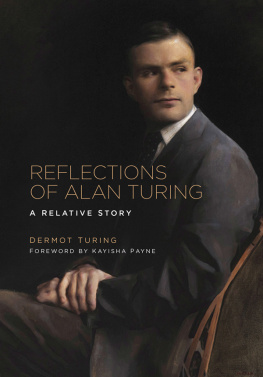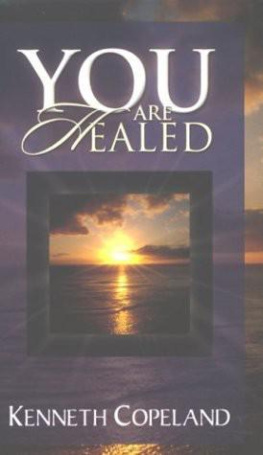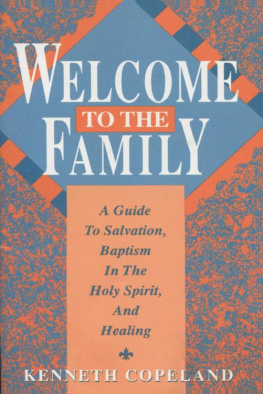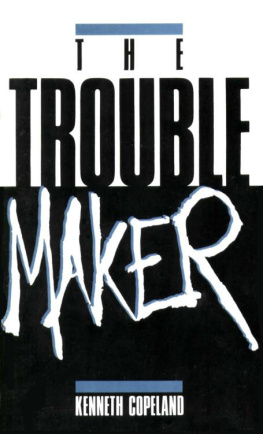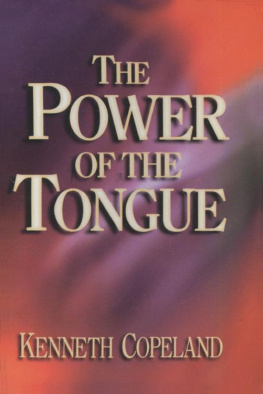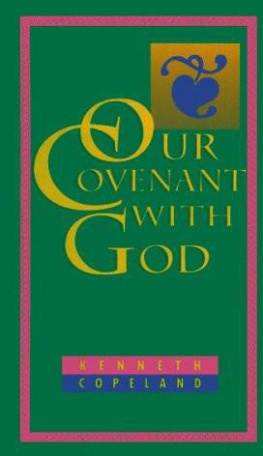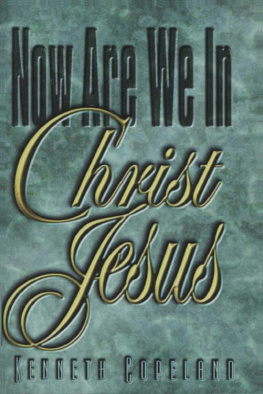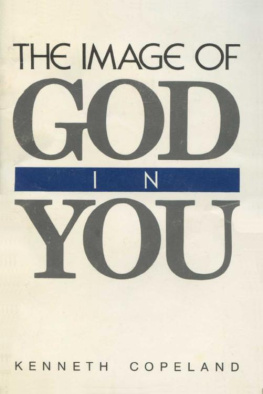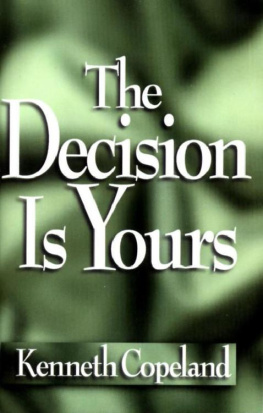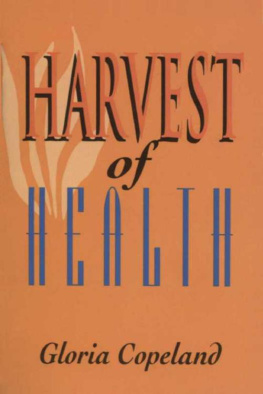Copeland - The Essential Turing
Here you can read online Copeland - The Essential Turing full text of the book (entire story) in english for free. Download pdf and epub, get meaning, cover and reviews about this ebook. year: 2004, publisher: Oxford University Press, UK, genre: Romance novel. Description of the work, (preface) as well as reviews are available. Best literature library LitArk.com created for fans of good reading and offers a wide selection of genres:
Romance novel
Science fiction
Adventure
Detective
Science
History
Home and family
Prose
Art
Politics
Computer
Non-fiction
Religion
Business
Children
Humor
Choose a favorite category and find really read worthwhile books. Enjoy immersion in the world of imagination, feel the emotions of the characters or learn something new for yourself, make an fascinating discovery.

- Book:The Essential Turing
- Author:
- Publisher:Oxford University Press, UK
- Genre:
- Year:2004
- Rating:4 / 5
- Favourites:Add to favourites
- Your mark:
- 80
- 1
- 2
- 3
- 4
- 5
The Essential Turing: summary, description and annotation
We offer to read an annotation, description, summary or preface (depends on what the author of the book "The Essential Turing" wrote himself). If you haven't found the necessary information about the book — write in the comments, we will try to find it.
The Essential Turing — read online for free the complete book (whole text) full work
Below is the text of the book, divided by pages. System saving the place of the last page read, allows you to conveniently read the book "The Essential Turing" online for free, without having to search again every time where you left off. Put a bookmark, and you can go to the page where you finished reading at any time.
Font size:
Interval:
Bookmark:
The Essential Turing

Alan M. Turing
Seminal Writings in Computing, Logic, Philosophy,
Artificial Intelligence, and Artificial Life
plus The Secrets of Enigma
Edited byB. Jack Copeland


Great Clarendon Street, Oxford OX2 6DP
Oxford University Press is a department of the University of Oxford.
It furthers the Universitys objective of excellence in research, scholarship,
and education by publishing worldwide in
Oxford New York
Auckland Cape Town Dar es Salaam Hong Kong Karachi
Kuala Lumpur Madrid Melbourne Mexico City Nairobi
New Delhi Taipei Toronto Shanghai
With offices in
Argentina Austria Brazil Chile Czech Republic France Greece
Guatemala Hungary Italy Japan South Korea Poland Portugal
Singapore Switzerland Thailand Turkey Ukraine Vietnam
Published in the United States
by Oxford University Press Inc., New York
In this volume the Estate of Alan Turing 2004
Supplementary Material the several contributors 2004
The moral rights of the author have been asserted
Database right Oxford University Press (maker)
First published 2004
All rights reserved. No part of this publication may be reproduced,
stored in a retrieval system, or transmitted, in any form or by any means,
without the prior permission in writing of Oxford University Press,
or as expressly permitted by law, or under terms agreed with the appropriate
reprographics rights organization. Enquiries concerning reproduction
outside the scope of the above should be sent to the Rights Department,
Oxford University Press, at the address above.
You must not circulate this book in any other binding or cover
and you must impose this same condition on any acquirer.
British Library Cataloguing in Publication Data
Data available
Library of Congress Cataloging in Publication Data
Data available
ISBN 0198250797
ISBN 0198250800 (pbk.)
10 9 8 7 6 5 4 3
Typeset by Kolam Information Services Pvt. Ltd, Pondicherry, India
Printed in Great Britain
on acid-free paper by Biddles Ltd., Kings Lynn, Norfolk
Work on this book began in 2000 at the Dibner Institute for the History of Science and Technology, Massachusetts Institute of Technology, and was completed at the University of Canterbury, New Zealand. I am grateful to both these institutions for aid, and to the following for scholarly assistance: John Andreae, Friedrich Bauer, Frank Carter, Alonzo Church Jnr, David Clayden, Bob Doran, Ralph Erskine, Harry Fensom, Jack Good, John Harper, Geoff Hayes, Peter Hilton, Harry Huskey, Eric Jacobson, Elizabeth Mahon, Philip Marks, Elisabeth Norcliffe, Rolf Noskwith, Gualtiero Piccinini, Andrs Sicard, Wilfried Sieg, Frode Weierud, Maurice Wilkes, Mike Woodger, and especially Diane Proudfoot. This book would not have existed without the support of Turings literary executor, P. N. Furbank, and that of Peter Momtchiloff at Oxford University Press.
B.J.C.
Jack Copeland
Jack Copeland
Alan Turing, Emil Post, and Donald W. Davies
Jack Copeland
Patrick Mahon
Jack Copeland
Alan Turing, Richard Braithwaite, Geoffrey Jefferson, and Max Newman
Jack Copeland
Jack Copeland
Alan Mathison Turing was born on 23 June 1912 in London;he died on 7 June 1954 at his home in Wilmslow, Cheshire. Turing contributed to logic, mathematics, biology, philosophy, cryptanalysis, and formatively to the areas later known as computer science, cognitive science, Artificial Intelligence, and Artificial Life.
Educated at Sherborne School in Dorset, Turing went up to Kings College, Cambridge, in October 1931 to read Mathematics. He graduated in 1934, and in March 1935 was elected a Fellow of Kings, at the age of only 22. In 1936 he published his most important theoretical work, On Computable Numbers, with an Application to the Entscheidungsproblem [Decision Problem] (). This article described the abstract digital computing machinenow referred to simply as the universal Turing machineon which the modern computer is based. Turings fundamental idea of a universal stored-programme computing machine was promoted in the United States by John von Neumann and in England by Max Newman. By the end of 1945 several groups, including Turings own in London, were devising plans for an electronic stored-programme universal digital computera Turing machine in hardware.
In 1936 Turing left Cambridge for the United States in order to continue his research at Princeton University. There in 1938 he completed a Ph.D. entitled Systems of Logic Based on Ordinals, subsequently published under the same title (). Now a classic, this work addresses the implications of Gdels famous incompleteness result. Turing gave a new analysis of mathematical reasoning, and continued the study, begun in On Computable Numbers, of uncomputable problemsproblems that are too hard to be solved by a computing machine (even one with unlimited time and memory).
Turing returned to his Fellowship at Kings in the summer of 1938. At the outbreak of war with Germany in September 1939 he moved to Bletchley Park, the wartime headquarters of the Government Code and Cypher School (GC & CS). Turings brilliant work at Bletchley Park had far-reaching consequences. having been classified until recently.
In 1945, the war over, Turing was recruited to the National Physical Laboratory (NPL) in London, his brief to design and develop an electronic digital computera concrete form of the universal Turing machine. His design (for the Automatic Computing Engine or ACE) was more advanced than anything else then under consideration on either side of the Atlantic. While waiting for the engineers to build the ACE, Turing and his group pioneered the science of computer programming, writing a library of sophisticated mathematical programmes for the planned machine.
Turing founded the field now called Artificial Intelligence (AI) and was a leading early exponent of the theory that the human brain is in effect a digital computer. In February 1947 he delivered the earliest known public lecture to mention computer intelligence (Lecture on the Automatic Computing Engine ().
In the end, the NPLs engineers lost the race to build the worlds first working electronic stored-programme digital computeran honour that went to the Computing Machine Laboratory at the University of Manchester in June 1948. The concept of the universal Turing machine was a fundamental influence on the Manchester computer project, via Newman, the projects instigator. Later in 1948, at Newmans invitation, Turing took up the deputy directorship of the Computing Machine Laboratory (there was no Director). Turing spent the rest of his short career at Manchester University. He was elected a Fellow of the Royal Society of London in March 1951 (a high honour) and in May 1953 was appointed to a specially created Readership in the Theory of Computing at Manchester.
It was at Manchester, in March 1952, that he was prosecuted for homosexual activity, then a crime in Britain, and sentenced to a period of twelve months hormone therapythe shabbiest of treatment from the country he had helped save, but which he seems to have borne with amused fortitude.
Next pageFont size:
Interval:
Bookmark:
Similar books «The Essential Turing»
Look at similar books to The Essential Turing. We have selected literature similar in name and meaning in the hope of providing readers with more options to find new, interesting, not yet read works.
Discussion, reviews of the book The Essential Turing and just readers' own opinions. Leave your comments, write what you think about the work, its meaning or the main characters. Specify what exactly you liked and what you didn't like, and why you think so.

